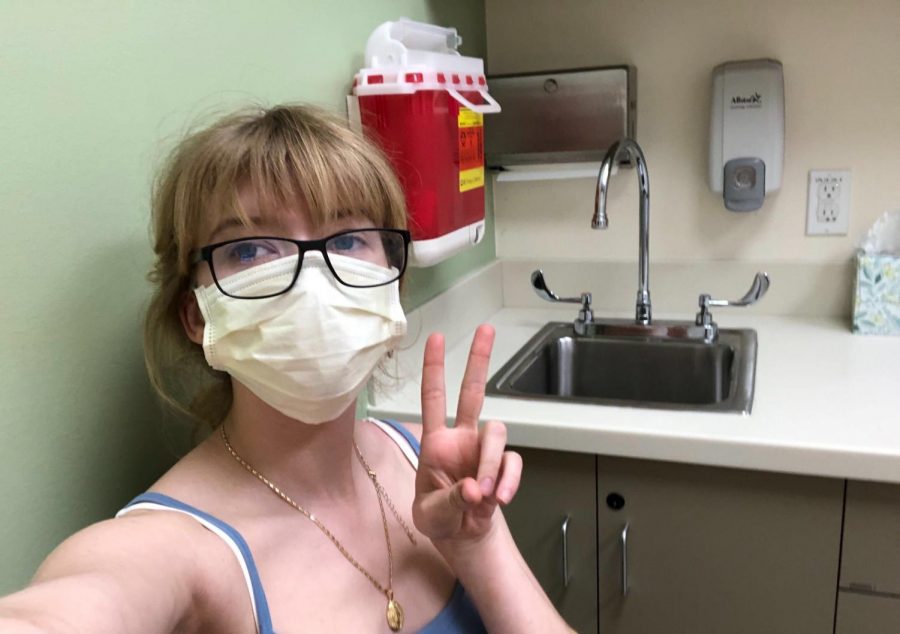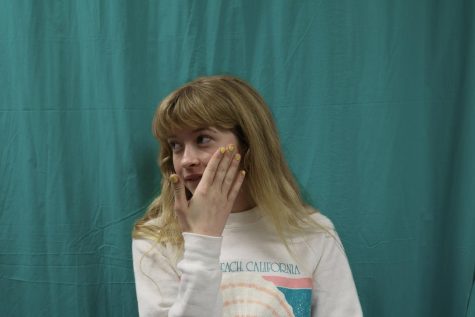Abnormally anxious. That’s how the Oxford dictionary sums up the plight of being a hypochondriac. I’d describe my disorder as a carefully compartmentalized super-caution of Western medicine, but “abnormally anxious” works too. In Oxford’s defense, I tend to worry a little more than the average person when I get any sort of illness. But, in my own defense, I’ve been misdiagnosed for multiple illnesses and have some trust issues. So here I am, abnormally cautious.
When I first saw the coronavirus trending on Twitter and realized it had no real cure or prevention except for self-quarantine, I realized I needed to prepare for Doomsday. This meant driving to urgent care three times and my doctor’s office four, and researching for countless hours the effects, mutations, death rates and symptoms of the virus.
At first I remember having a sore throat and cough for a couple of weeks. Then, a couple nights in a row a woke up with fevers. These symptoms, along with heightened fatigue, made me anxious.
On my first visit to urgent care, I was sure I’d accidentally walked into a morgue. Lifeless and shocked faces filled the waiting room, but at least I could hide mine behind the surgical masks they had not yet run short of.
When they call you in for your appointment, you are taken into the first room with a nurse who seems nice — but you wouldn’t know it with her surgical mask covering her face. She seemed genuinely worried as she asked me questions I’d already been asked multiple times. Have trouble breathing? Yes. Have a cough? Yes. She took a few vitals and then ushered me into the next room.
There I encountered another nurse with a different surgical mask to match her lime scrubs. I explained I had all the symptoms. She gave me a steroid inhaler and told me I was good to go. “Not without taking a bunch of those hand sanitizers out front with me first,” I said, half laughing. I left annoyed but mostly anxious that no doctor would give me the benefit of the doubt.
Although I had prepared myself to feel annoyance towards the nurses and doctors who examined me, I left my last doctor’s visit feeling speechless. It was almost as if someone smacked me in the face and told me to deal with it like the rest of the world. I realized that no matter how many unnecessary visits I made, the ultimate consensus that everyone is just doing their best was unfaltering. By scheduling these appointments and not practicing social distancing, I was making both my life and these medical professionals’ lives infinitely more difficult.
Suddenly, acting on my hypochondria felt simultaneously selfish and collectively accepted. Because no one has dealt with this before, everyone’s freaking out. I would have to find solace, like the rest of the world, in being respectful and patient.
So now I wash my hands for a minute each go, don’t touch my face and wear a surgical mask when I leave the house. I practice social distancing, and in turn communicate with my loved ones via Zoom and Facetime calls. There are distractions. Do I still worry over every symptom, real or perceived? Absolutely. But I know I’m not the only one doing so. Most importantly, I know that we’re all in this together. Alone, but together.




